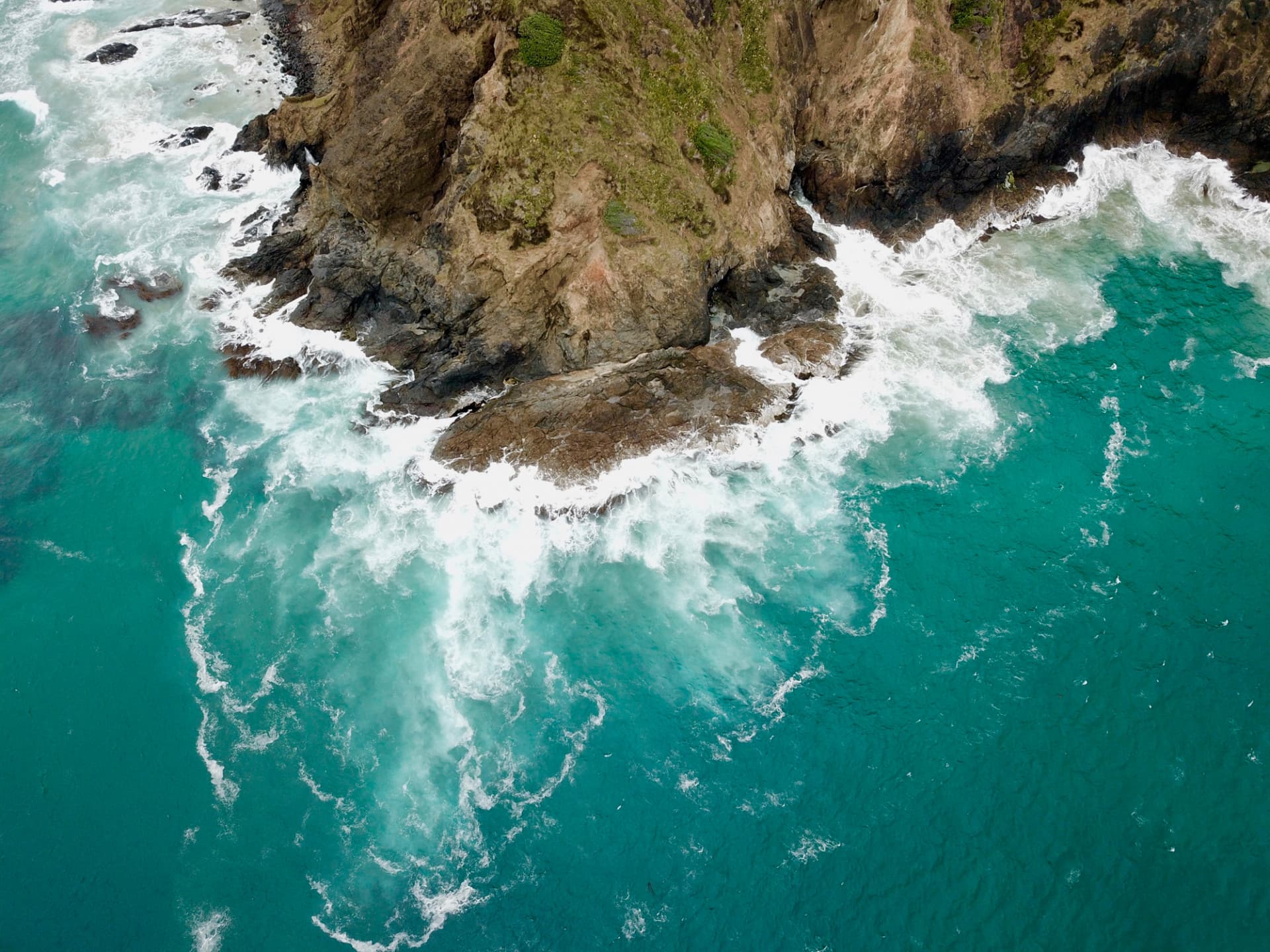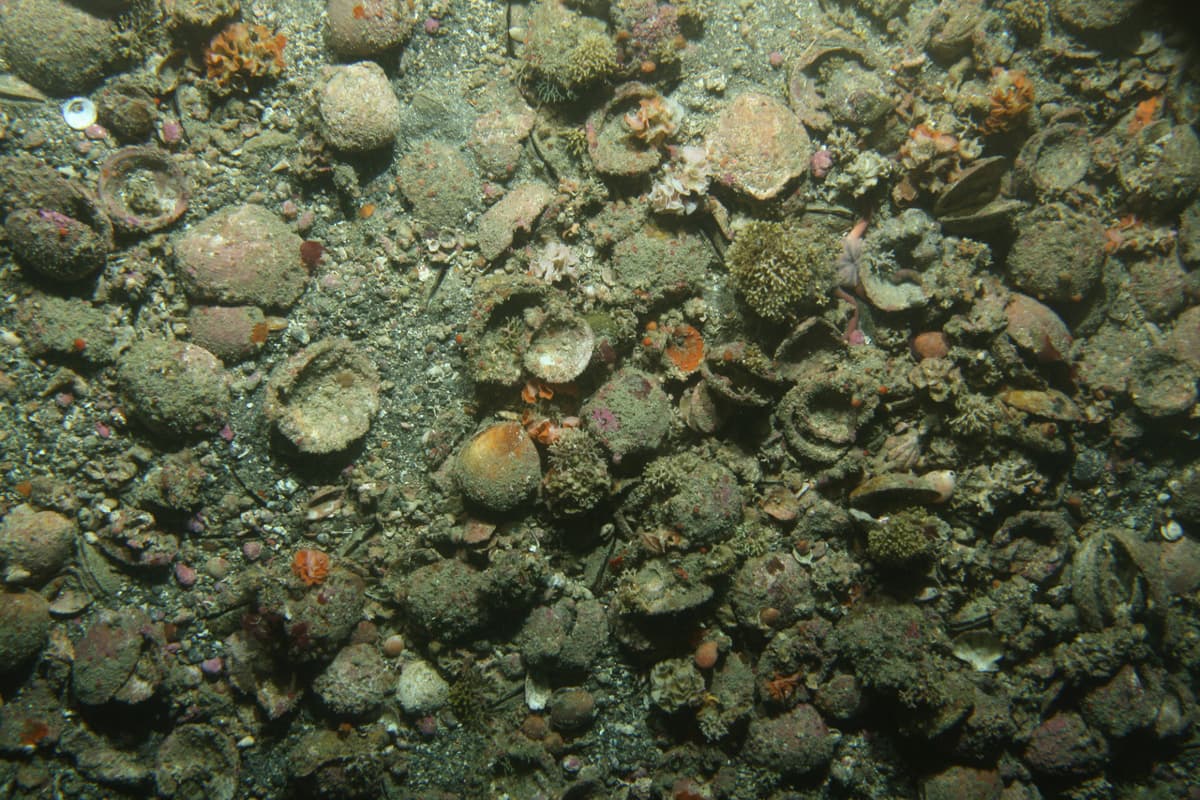

Webinar presentation by Malcolm Clark and Vonda Cummings, 27 August 2020 (23 mins + Q&A)
Human activities, such as mining and fishing, can generate suspended sediment that affect the health and survival of deep-sea species. In this webinar, Malcolm Clark and Vonda Cummings (both NIWA) discuss the results and challenges of investigating the impact of suspended sediments on 2 sea-floor animals: dog cockles and the common sponge.
This project trialled innovative laboratory experiments to understand how resilient these species are, and how quickly they can recover from suspended sediment levels that could arise from human activities. Trials were completed on two deep-sea animals: dog cockles and a sponge, both which can be found in the Taranaki Bight area.
Presentation time: 23 minutes
Q+A session time: 22 minutes
